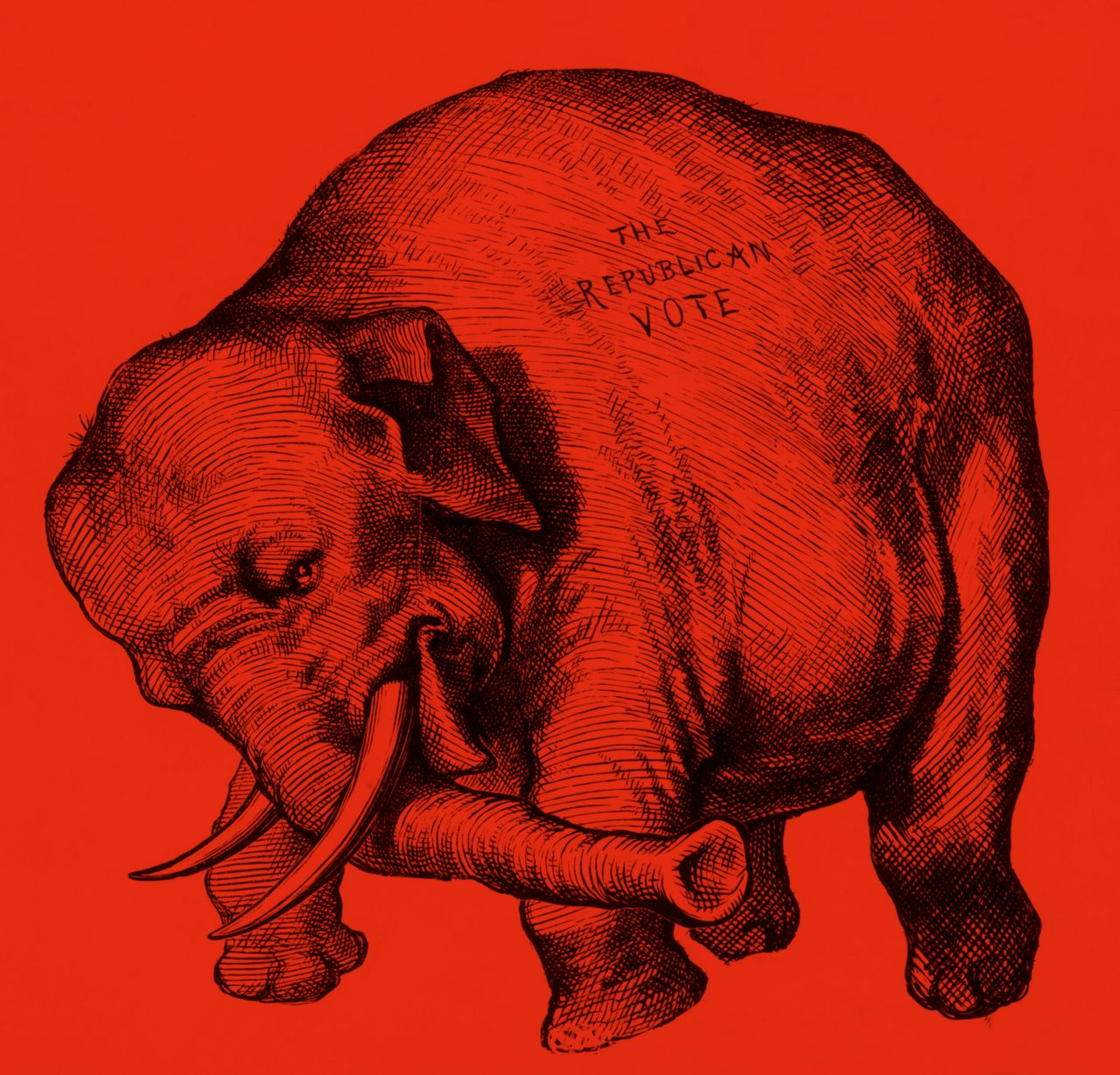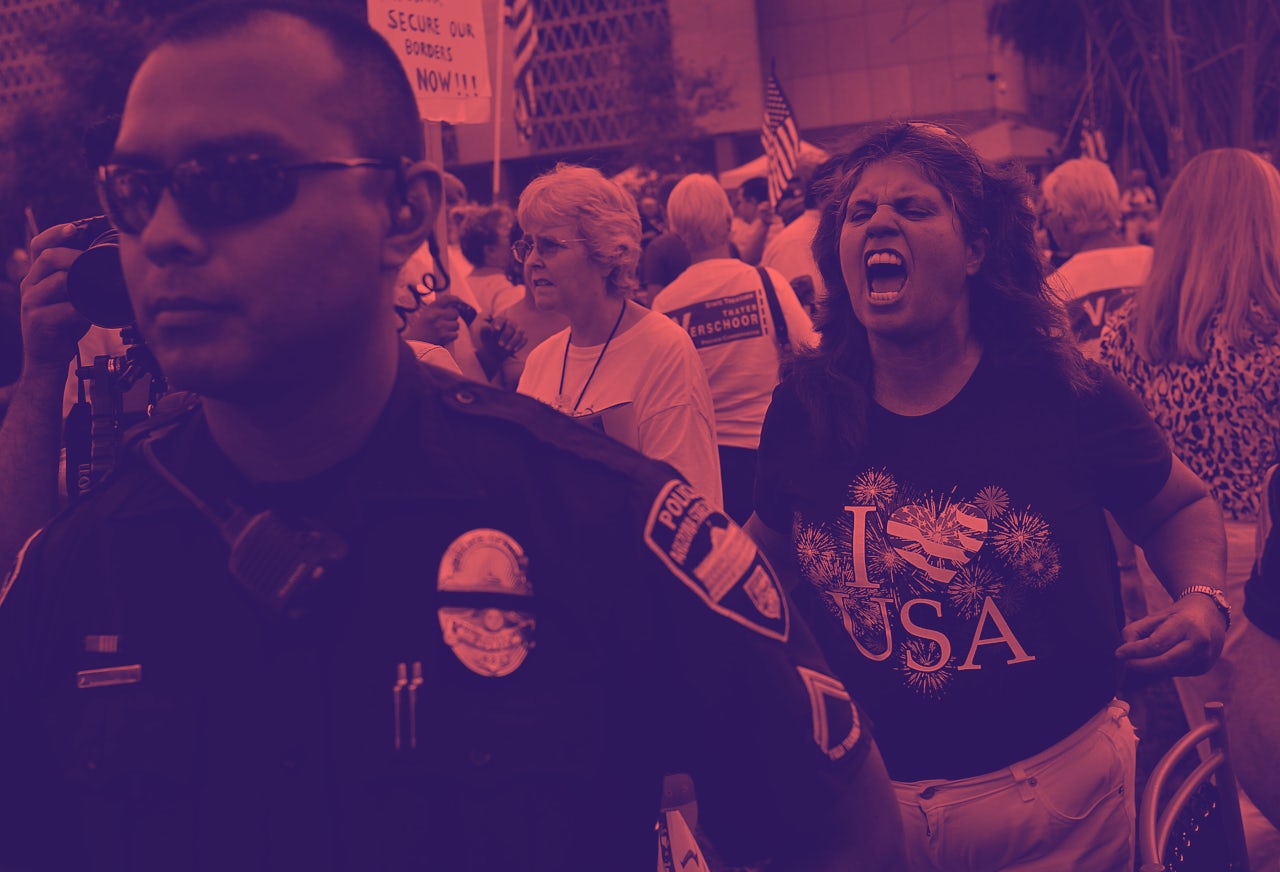This week, President Donald Trump came under fire for what many interpreted as a lukewarm condemnation of a white supremacist who drove through a crowd of anti-racist protesters in Charlottesville, Virginia, on Aug. 12, killing one and injuring 19. Members of Trump's own party, including Paul Ryan, John McCain, and Mitt Romney, delivered toughly worded condemnations of white supremacy on Twitter, distancing themselves from the increasingly prominent base of white nationalists that helped elect Trump in the first place.
But despite their harshly worded posts, many Republicans saw nothing wrong with Trump's remarks, in which he drew an equivalence between anti-racist protesters and white nationalists. According to a CBS poll, roughly two-thirds of Republicans said they agreed with Trump's response to the attack.
This forces an uncomfortable reality to the forefront of political discourse: that the Republican Party is very much a party that endorses racism. The GOP has long relied on stoking “racial anxieties” to maintain power. So what good are strong rebukes of white supremacy when so much of what Republicans stand for reinforces white supremacy?
Trump's response to the attack on Charlottesville might read as soft on racism to many, but it's more likely that it's exactly what many Republicans wanted to hear. It doesn't benefit a president whose political career was born out of racist dog whistles to suddenly turn his back on the ideas that got him elected.

